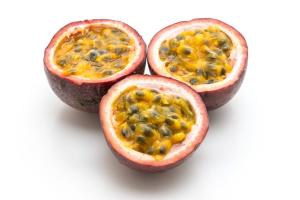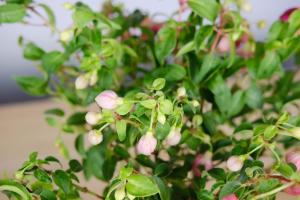Do plants get rootbound in peat pots?
Peat pots are a popular choice for starting plants from seeds, as they are biodegradable and can be planted directly into the ground. But, some people wonder if using peat pots can cause plants to become rootbound. Let's explore the science behind this question.
What is rootbound?
Rootbound is a term used to describe a plant whose roots have grown so tightly together that they have filled up the container they are growing in, leaving little room for further growth. When a plant becomes rootbound, its growth can become stunted and it may be more susceptible to disease and insect infestations. In extreme cases, a rootbound plant may even die.
Can peat pots cause plants to become rootbound?
Peat pots can be a great option for starting plants, but they do have some limitations. Because they are made from compressed peat moss, they can break down quickly when exposed to moisture, which can cause the pot to collapse and the roots to become exposed. Additionally, because peat pots are porous, they can dry out quickly, which can cause the roots to become compressed and tangled.
However, if peat pots are used correctly, they should not cause plants to become rootbound. It is important to keep the soil moist, but not waterlogged, to prevent the pot from breaking down before the plant can be transplanted. Additionally, it is important to transplant the plant before the roots become too crowded. If a plant is left in a too-small peat pot for too long, it may become rootbound, but this is true of any container.
How to prevent rootbound plants in peat pots
To prevent your plants from becoming rootbound in peat pots, there are a few things you can do:
Water the soil regularly, but be careful not to over-water or let the soil dry out completely.
Transplant the plant into a larger container or into the ground once the roots have started to fill the peat pot.
If the peat pot is starting to break down, gently tear away any loose pieces and plant the pot and plant directly into the ground or a larger container.
If you are concerned about the potential for rootbound plants, you can also choose to start your seeds in a different type of container, such as plastic or ceramic.
Conclusion
While peat pots do have some limitations, they are a popular choice for starting plants from seeds. With proper care, peat pots should not cause plants to become rootbound. By keeping the soil moist, transplanting the plant when necessary, and monitoring the condition of the pot, you can help ensure healthy plant growth and avoid issues with rootbound plants.

 how many times do yo...
how many times do yo... how many planted tre...
how many planted tre... how many pine trees ...
how many pine trees ... how many pecan trees...
how many pecan trees... how many plants comp...
how many plants comp... how many plants can ...
how many plants can ... how many plants and ...
how many plants and ... how many pepper plan...
how many pepper plan...





























